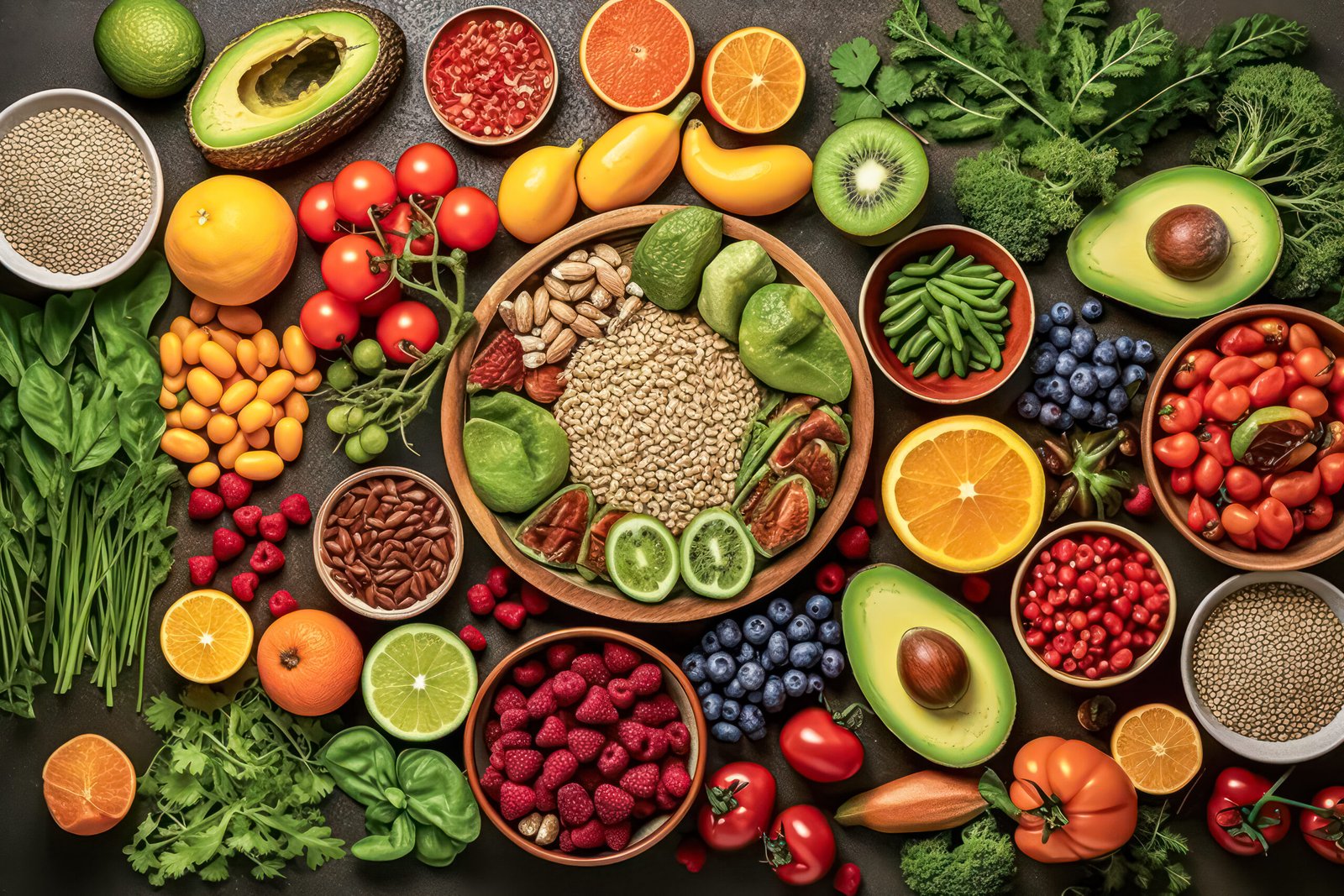Detoxification, in the context of starting a new, healthier diet, typically refers to the process by which the body eliminates toxins and waste products that have accumulated due to poor dietary habits, environmental exposures, or other factors.
When transitioning to a healthier diet, especially one that emphasizes whole, unprocessed foods and eliminates or reduces processed foods, added sugars, and unhealthy fats, the body may undergo a detoxification process. By filtering toxins out and replacing them with life-giving nutrients, you can go a long way toward alleviating and avoiding the chronic diseases that so many in our country (and around the world) are suffering.
Benefits of Detoxification
Elimination of Toxins
With the intake of healthier foods and increased hydration, the body is better equipped to flush out toxins through various elimination pathways such as the liver, kidneys, skin, and lungs.
Improved Digestion
A healthier diet often includes more fiber-rich foods like fruits, vegetables, and whole grains, which can help promote regular bowel movements and eliminate waste more efficiently.
Reduced Inflammation
Certain foods in an unhealthy diet, such as processed foods and those high in sugar and trans fats, can contribute to inflammation in the body. Switching to a healthier diet can help reduce inflammation, leading to improved overall health and well-being.
Balanced pH Levels
Some proponents of detox diets suggest that they help to balance the body’s pH levels by reducing the intake of acidic foods and increasing the consumption of alkaline-forming foods like fruits and vegetables.
Increased Energy
As the body eliminates toxins and becomes more efficiently fueled by nutrient-dense foods, individuals may experience increased energy levels and overall vitality.
It’s important to note that the concept of “detoxification” in the context of diet can vary widely in its interpretation and application. While some people may advocate for specific detox programs or protocols, it’s essential to approach any significant dietary changes with caution and consult with a healthcare professional, registered dietitian, or a holistic nutrition coach to ensure that it’s safe and appropriate for your individual needs and health goals.


